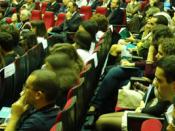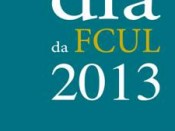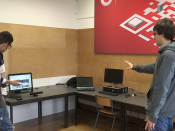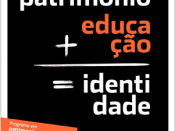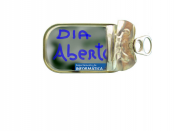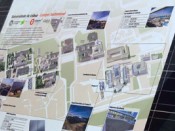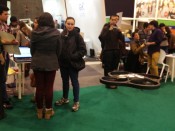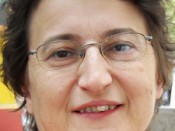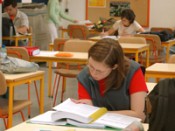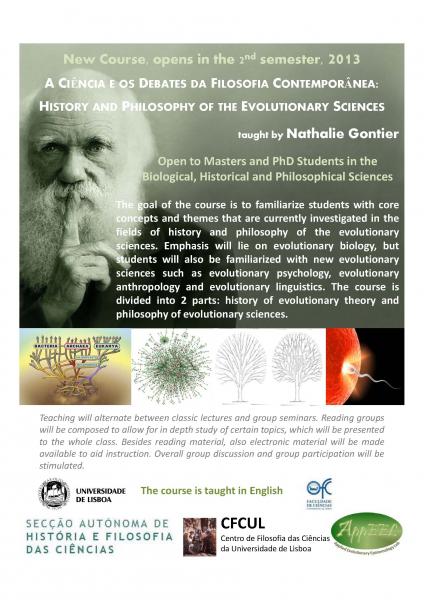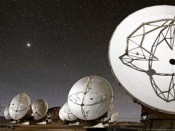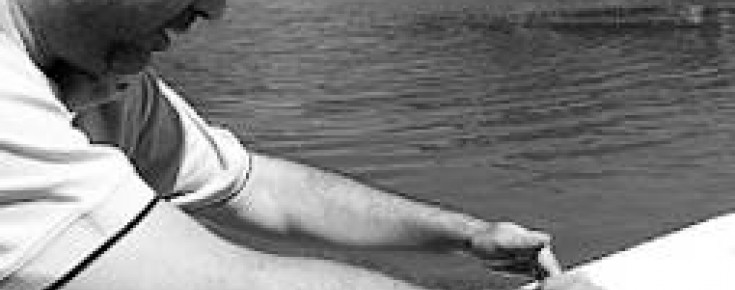
“Evolution, pseudorichness and cosmoecious (new therm) species concept in Ostracoda” por Okan Külköylüoğlu da Abant İzzet Baysal University, Department of Biology, Bolu, Turkey.
Resumo:
In Turkey, we know about 130 recent non-marine freshwater ostracods belonging to 46 genera, of which 47% (24 species) belong to the family Cyprididae. Most of the other species are known from two other families “Candonidae (27%) and Ilyocyprididae (9%)”. So far, there are about 2100 recent species known worldwide; therefore, the number known for Turkey is believed to be much higher. Such a low number of species reported is due to lack of studies in more than half of the country. On the other hand, large dataset comprising more than 4000 samples from different aquatic bodies of Turkey and ongoing studies provided an important amount of ecological knowledge on ostracods. Accordingly, species with wide ranges of ecological tolerances to different environmental variables tend to show broad geographical distribution. This correspond to their cosmopolitan characteristics. Although individual definitions of cosmopolitan species “species with wide geographical distribution in the world” and euryoecious species “with wide tolerances to different environmental variables” are known, there is no special definition for a species with wide tolerance and wide geographical distribution. Thus, I would like to use a new term “cosmoecious species” to evaluate the usage of such species and introduce the details of “pseudorichness concept”.
Como chegar ao C6 da FCUL?
http://ciencias.ulisboa.pt/pt/pagina/1334/contactos?refer=6
Imagem de:


